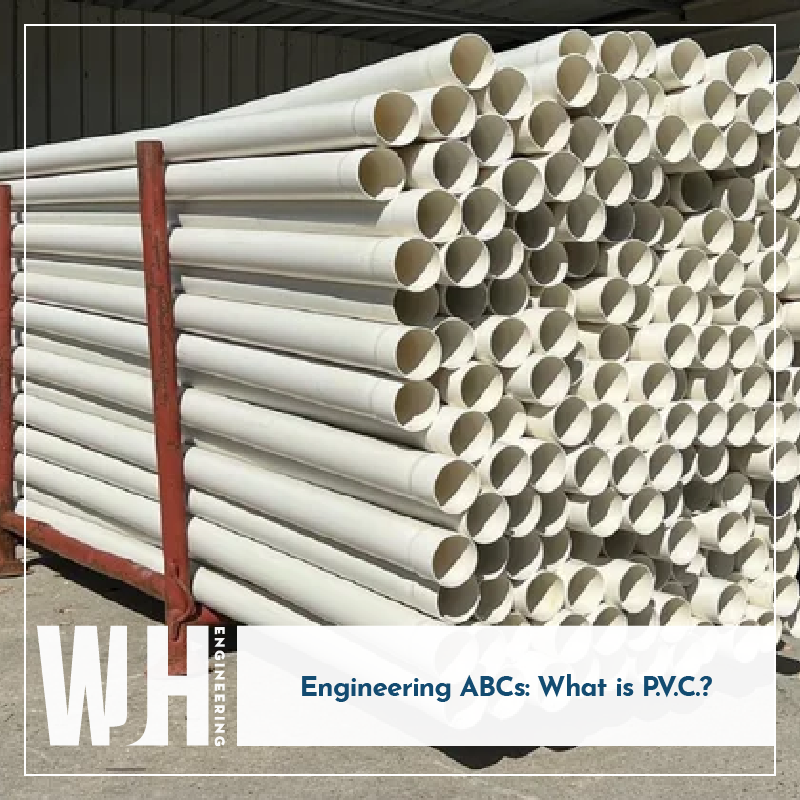As civil engineers, we select piping materials for a wide range of applications and designs. The specific pipe material that is selected can significantly impact the cost, efficiency, and longevity of a project. Among the many options available, Polyvinyl Chloride (PVC) pipes stand out for their durability, cost-effectiveness, and their ability to resist corrosion over time. Because of these properties, PVC piping is often utilized in a wide range of systems, especially in those that manage wastewater such as sanitary sewers and septic systems.
One of the greatest benefits of PVC piping is its affordability. The manufacturing process of PVC is relatively inexpensive, which translates to lower material costs. Additionally, PVC’s lightweight nature reduces transportation and installation costs, making it a budget-friendly option for many projects. PVC piping is also well known for its resistance to corrosion. Unlike metal pipes, PVC does not rust or degrade over time when exposed to water and chemicals. This makes PVC ideal for applications where moisture and chemical exposure are concerns. In fact, PVC is the most common pipe material used in septic systems. Its resistance to corrosion and biological growth means that it will not need frequent repairs or replacements, further enhancing its cost-effectiveness over the long term.
Understanding the specific requirements of your project will help you choose the most appropriate piping material to achieve optimal performance and longevity. While other pipe materials have their strengths, PVC excels in applications where cost, maintenance, and resistance to corrosion are key considerations. Whether you’re building a new septic system or upgrading an existing one, PVC pipes offer a reliable and practical solution for managing wastewater efficiently.

